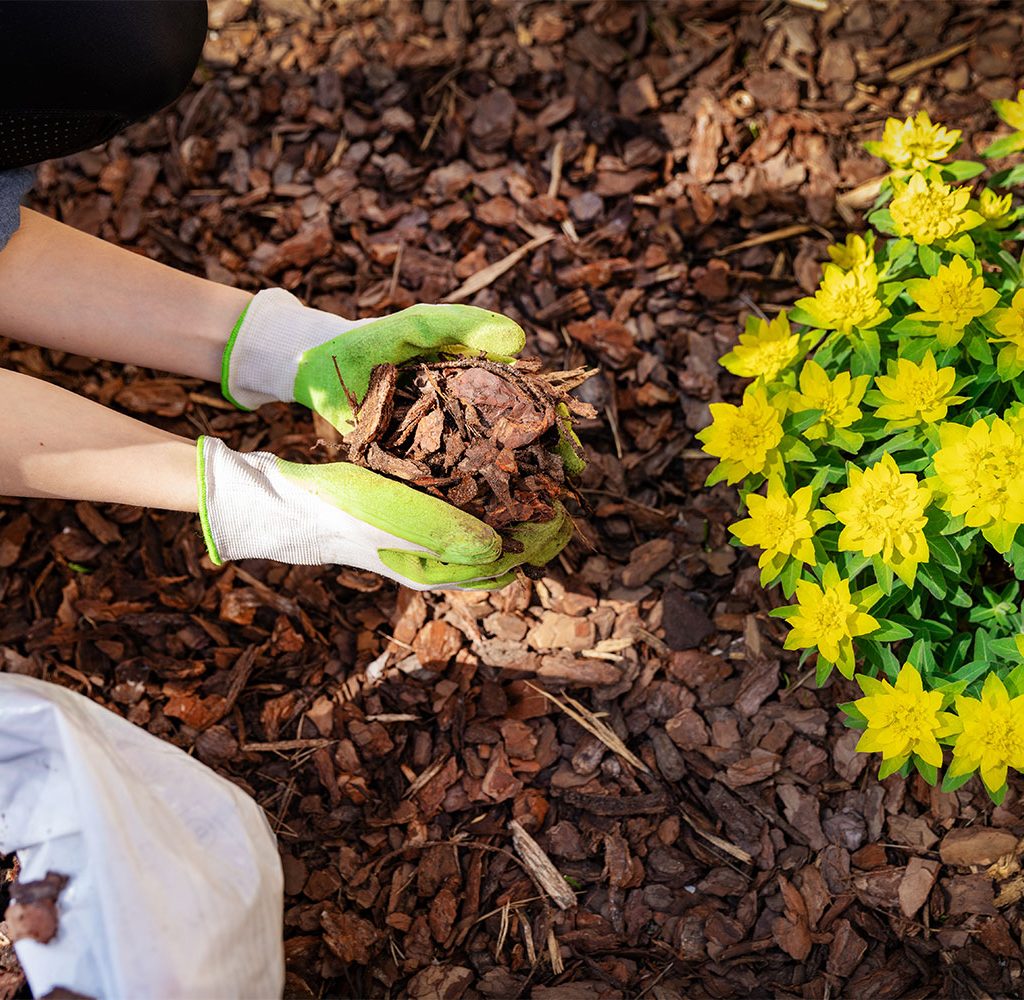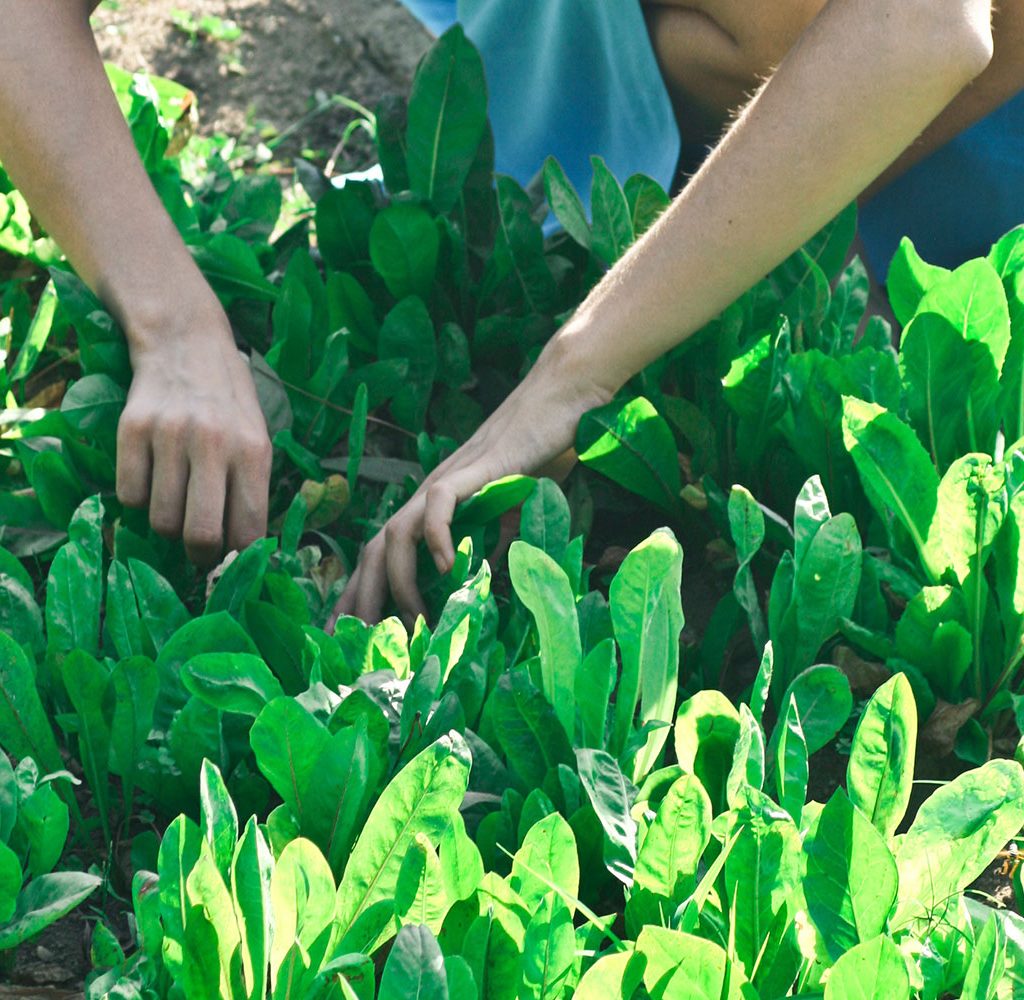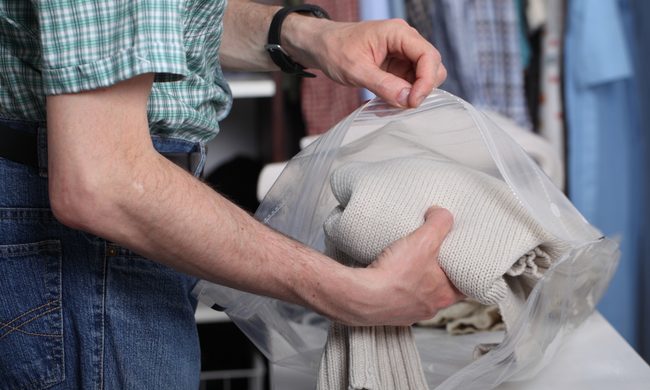Gardening is a great hobby that’s perfect for families, couples, or individuals who want to get their hands dirty and immerse themselves in nature. When it comes to starting a garden of your own, there is a lot to consider. You have to think about things like soil, mulch, types of plants, and pest repellents, just to name a few.
When it comes to watering your garden, you will want to consider the best techniques to reduce water usage year-round. Water conservation efforts are so important, especially as our populations grow. Every little effort toward saving water can help ensure a healthier planet. Check out these easy and fun gardening methods that will help conserve water while keeping your garden healthy and flourishing.
Utilize healthy soil
By adding organic matter to your soil, such as compost, you are improving the overall structure of the dirt. It retains water better and for longer, allowing you to use less water throughout the year. You also can add water-retaining granules or materials to your compost, which will only improve your soil’s water retention.

Add mulch
Grow Organic suggests adding mulch. The purpose of mulch is much more than just making a garden look pretty. Mulch covers the ground around your plants, creating a barrier between the soil and the sun. This allows your soil to remain moist for longer periods of time and ultimately allows you to water less throughout the year.
Collect rainwater
Rainwater is the most economic choice of all since it’s free. Not only will rainwater save on your water bill, it will also help conserve water throughout the year, says HGTV. This is an essential technique in water conservation, regardless of where you live. You can purchase rain collection barrels or keep things simple by using buckets, pots, and other large containers to gather water during any rainfall. Then, all you have to do is scoop out what you need to water your plants.
Buy the most water-efficient tools
If you use sprinkler systems, make sure they are designed to conserve water. Some systems have timers you can set to water on certain days for a specific time and duration. These systems take away the worry of remembering to turn off the sprinkler system. Additionally, some sprinklers have a feature that syncs up to the local weather. If rain is in the forecast, your system simply stays off so water isn’t wasted.
Using hoses and watering cans can be a bit of a chore, but they are more precise than a sprinkler system. Hoses and watering cans help you control the amount of water each plant receives, thereby reducing the risk of wasting water.

Buy flowers and plants that need less water
One of the best ways to have a water-efficient garden is to buy plants that require little to no water. A variety of plants are available that only need watering every few weeks — and they are far from dull! Many types offer truly stunning colors that will liven up your garden. Balcony Garden Web lists several plants that don’t need much water. Some plants to consider are:
- Sedum
- Agave
- Jade plant
- Adenium
- Cacti
- Portulaca
Water at the right time of day
Many of us overwater our gardens. It is never intentional, but it can be difficult to know what is enough. Overwatering is not only wasteful, it also can eat up a lot of your time.
The absolute best time of day to water your plants is in the morning. Early mornings are still cool, allowing the water to seep down into the soil without drying out. It also provides your plants with enough water to make it through the hottest days. If you are unsure if your plants need water, you can dig down about 6 inches to see if the soil is damp. Damp soil requires no water, while dry soil indicates water is needed.
Having a garden requires a lot of time, energy, and care. There can be a lot to remember and consider when starting your own garden, so it is important to do your research ahead of time. Without the proper techniques in place, gardening can waste a lot of water. Luckily, you can make some quick and easy changes with these core gardening techniques to get your water conservation efforts back on track.


